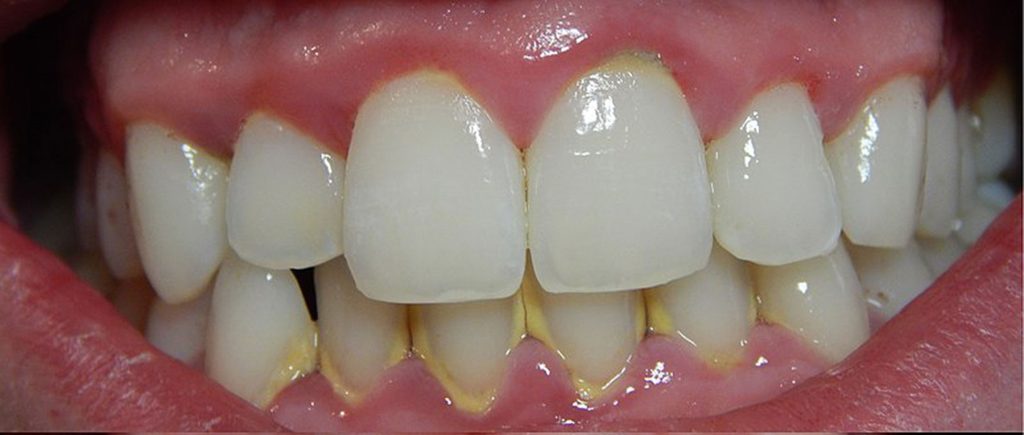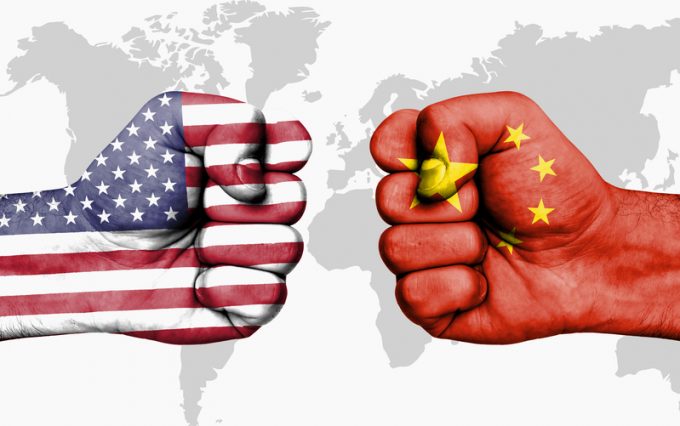How Long For Botox Bruise To Go Away
How Long For Botox Bruise To Go Away Botox is a highly sought-after injectable cosmetic procedure for diminishing facial wrinkles and fine lines. While side effects are infrequent and generally mild, they can include the occurrence of bruises, swelling, and bumps. In this guide, we’ll explore why bruising may happen after Botox and what you can do to either prevent it or alleviate its effects.
Understanding the Causes of Botox Bruising
Bruising following a Botox procedure results from blood extravasation, which is the leakage of blood from a blood vessel into the surrounding tissue. This can occur if the Botox needle accidentally punctures a blood vessel. Both experienced and novice practitioners can inadvertently cause bruising because blood vessels are abundant and at times challenging to visualize. Other factors contributing to blood extravasation encompass:
- Use of Blood-Thinning Medications and Supplements: Certain over-the-counter herbal and vitamin supplements, such as fish oils, ginkgo biloba, St. John’s wort, omega-3 fatty acids, high-dose Vitamin E, garlic, and turmeric, can affect clotting time and increase the likelihood of bruising if taken before the Botox procedure.
- Alcohol Consumption: Drinking alcohol within 24 hours before and after the treatment can thin the blood and prolong clotting time, making bruising more probable.
- Physical Activity: Vigorous exercise prior to and within 24 hours following the procedure can raise the heart rate and blood flow, increasing the risk of bruising.
Duration of Botox Bruising
Typically, bruising from Botox lasts for a few days to a maximum of two weeks. The timing of bruise appearance can vary, occurring either immediately or one to two days post-procedure, depending on individual predispositions and activities. If the possibility of post-Botox bruising is a concern, you may want to explore alternative cosmetic options.
Read More : How Long Does Botox Last Around Eyes
Strategies to Minimize Botox Bruising
There are several effective methods to either prevent or minimize bruising after a Botox treatment. These approaches are cost-effective, straightforward, and readily accessible:
- Supplement Cessation: Discontinue over-the-counter supplements that can influence clotting time, as mentioned earlier, at least two weeks before your Botox procedure. Always consult your medical practitioner before discontinuing any supplements.
- Medication Consultation: Consult your healthcare provider about any prescription medications you are taking that may affect blood clotting. If deemed appropriate for your condition, your doctor may advise discontinuing these medications a week before your Botox procedure.
- Avoid Alcohol: Abstain from alcohol consumption for 24 hours before and after your treatment to minimize the likelihood of bruising.
- Cold Compress: Applying ice packs before and after the Botox treatment can constrict blood vessels, reducing blood flow to the treated area and decreasing the risk of bruising. Some practitioners routinely use ice packs as a standard procedure before administering Botox.
- Elevation: Elevate your head higher than your heart during sleep for the first few days post-treatment. This positioning helps prevent blood pooling and lowers the chance of bruising.
- Moderate Exercise: Steer clear of vigorous physical activity for two to three hours before the procedure and for 24 hours afterward, as exercise can raise heart rate and blood flow, counteracting the desired effect.
- Vitamin C Supplementation: Increasing your intake of Vitamin C, found in citrus fruits, blackcurrants, broccoli, and peppers, both before and after the procedure can potentially reduce the risk of bruising. Vitamin C is known for its antioxidant properties.
- Anti-Bruising Supplements: If you are prone to bruising, consider taking anti-bruising supplements in the days leading up to and following your Botox treatment. These supplements may include:
- Arnica: A natural remedy often used by Botox patients, taken three to four days before the procedure or as advised by your practitioner.
- Vitamin K: Effective at reducing swelling and bruising, consult your medical practitioner for recommendations on Vitamin K supplements.
- Bromelain: An enzyme extract from pineapple renowned for reducing swelling. Consult your medical practitioner regarding its use to prevent bruising after Botox.
Read More : How Many Units Are In A Syringe Of Botox
In conclusion, while bruising is a common side effect of Botox, it typically resolves within a few days. You can employ various strategies to minimize the likelihood of post-Botox bruising. It’s crucial to discuss your chosen anti-bruising approach with your medical practitioner to ensure it aligns with your individual needs and safety considerations. Botox offers numerous advantages and disadvantages, and understanding how to manage potential side effects is an essential aspect of the treatment.




